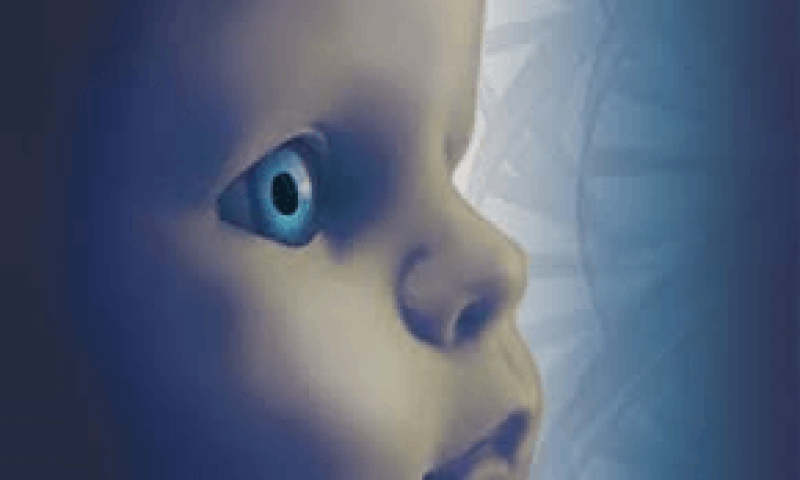Chinese researchers reported that they edited the genes of human embryos using a new technique called CRISPR. While these embryos will not being growing up into genetically modified people, I suspect this will go down as a pivotal moment in the history of medicine.
Last month, a team of leading scientists–including pioneers in both gene therapy and CRISPR–declared that this would be a bad idea. “At present, the potential safety and efficacy issues arising from the use of this technology must be thoroughly investigated and understood before any attempts at human engineering are sanctioned, if ever, for clinical testing,” they declared in a piece they published in Science.
But meanwhile, a team of researchers led by Junju Huang at Sun Yat-sen University were testing out CRISPR on human embryos. Huang told Nature that both Nature and Science rejected the paper based on ethical objections. So they ended up publishing the results in the journal Protein & Cell (open access, by the way).
The researchers set out to do the study on human embryos–but they didn’t want to use embryos that might ever actually be able to develop into a fully-formed human being. When fertility doctors fertilize eggs with in vitro fertilization, they sometimes end up with two sperm delivering their DNA into a single egg. These “tripronuclear zygotes” can start dividing as normal embryos do, but their abnormal collection of genes causes them to stop developing when they’re still just tiny clumps of cells. The researchers argue that this failure makes tripronuclear embryos “an ideal model system” for studying CRISPR therapy. (Bioethicists, start your engines!)
The GLP aggregated and excerpted this blog/article to reflect the diversity of news, opinion and analysis. Read full, original post: Editing Human Embryos: So This Happened































